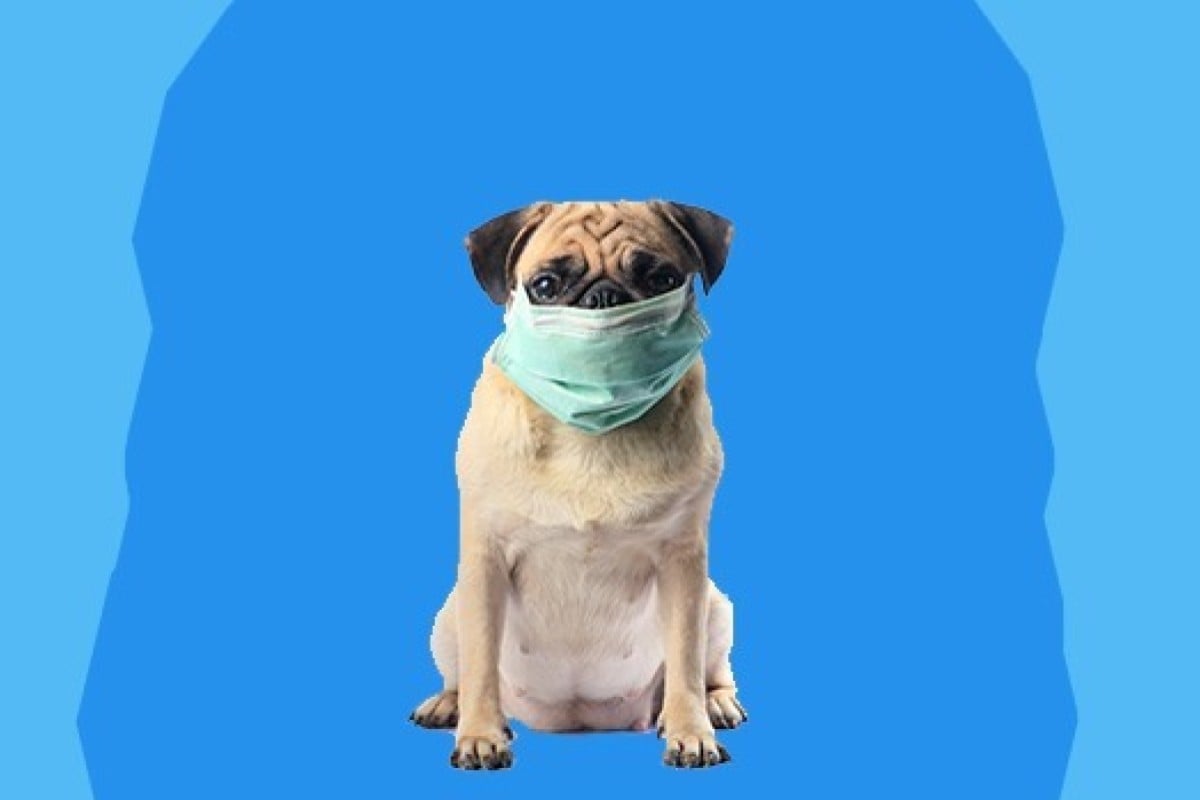
Why do I have bad breath when I wear a face mask?
- The coronavirus has seen many people wearing surgical masks to limit the spread of the disease
- If it’s all a bit smelly, it’s important to assess your oral hygiene
 It's not just you... but you can make it better
It's not just you... but you can make it betterThe Covid-19 pandemic may be the first time you’ve ever worn a face mask. Unless you live in Asia, where they are commonly worn in crowded places, or to block out pollution, you may never have even considered looping those elastic straps behind your ears before leaving home. But now it’s growing more common around the world.
As is the feeling that your breath ... well, stinks.
You’re walking to school, breathing into your mask, and all of a sudden it hits you: your mask smells gross. Oh wait, that’s your breath.
The truth is, it’s not the mask. Your breath was probably already a tad putrid when you put that mask on, explains Dr Mark S. Wolff , a dentist and dean of the University of Pennsylvania’s School of Dental Medicine in the US. Dr Wolff has spent many years researching all the reasons our breath can sometimes be stinky.
From the Black Death to Covid-19: the evolution of medical masks
The problem, Wolff said, is that we don’t know it because we’ve just recently began exhaling into a covering that hovers over our noses all the time. “It’s as if we cupped our hands in front of our face to test our breath,” Wolff said. “But it’s there all the time.”
“The mask doesn’t make us have bad breath,” he said. “It makes us more conscious that we have bad breath.”
This is because our mouths are swimming in bacteria, Wolf explained. Most of that bacteria is left over from the food we eat, and it hides between our teeth, under our gums, on the back of our tongue and in our sinuses, Wolff said.
There is also natural bacteria that lives in our mouth all of the time. So when we breathe, the moist – and sometimes fetid – air hits our masks. And as this air evaporates, it leaves behind a stench that when it hits the mask shoots right back up into our nostrils. Yuck.
Most of the time, halitosis can be cured by focusing on basic oral hygiene. Take the time to floss in the morning and at night, Wolff says, and brush your teeth three times a day. Wolff suggests that we also brush our tongues and the sides of our cheeks. And don’t forget a bacteria-killing mouthwash like Listerine.
However, if you notice your breath is particularly gross, you may have periodontitis, also known as gum disease. Gum disease is largely preventable and it happens when the bacteria left over from the food we eat lodges deep into the pockets surrounding our gums.
How to throw the best online graduation party
This bacteria eats away at our gums, causing our teeth to loosen and eventually fall out. Gum disease releases a sulphurous chemical called methyl mercaptan, that smells like rotten eggs, Wolff says. So when that noxious gas crawls back up into the nostrils, it can be most unpleasant.
Popping in a breath mint before you don your mask can help but, Wolff says, it only masks the problem (pun very much intended.) If you suspect your bad breath is due to gum disease, you should visit your dentist as soon as you safely can.
In the meantime, keep those masks clean, and lay off the garlic and coffee before you go out. Your nose will thank you.